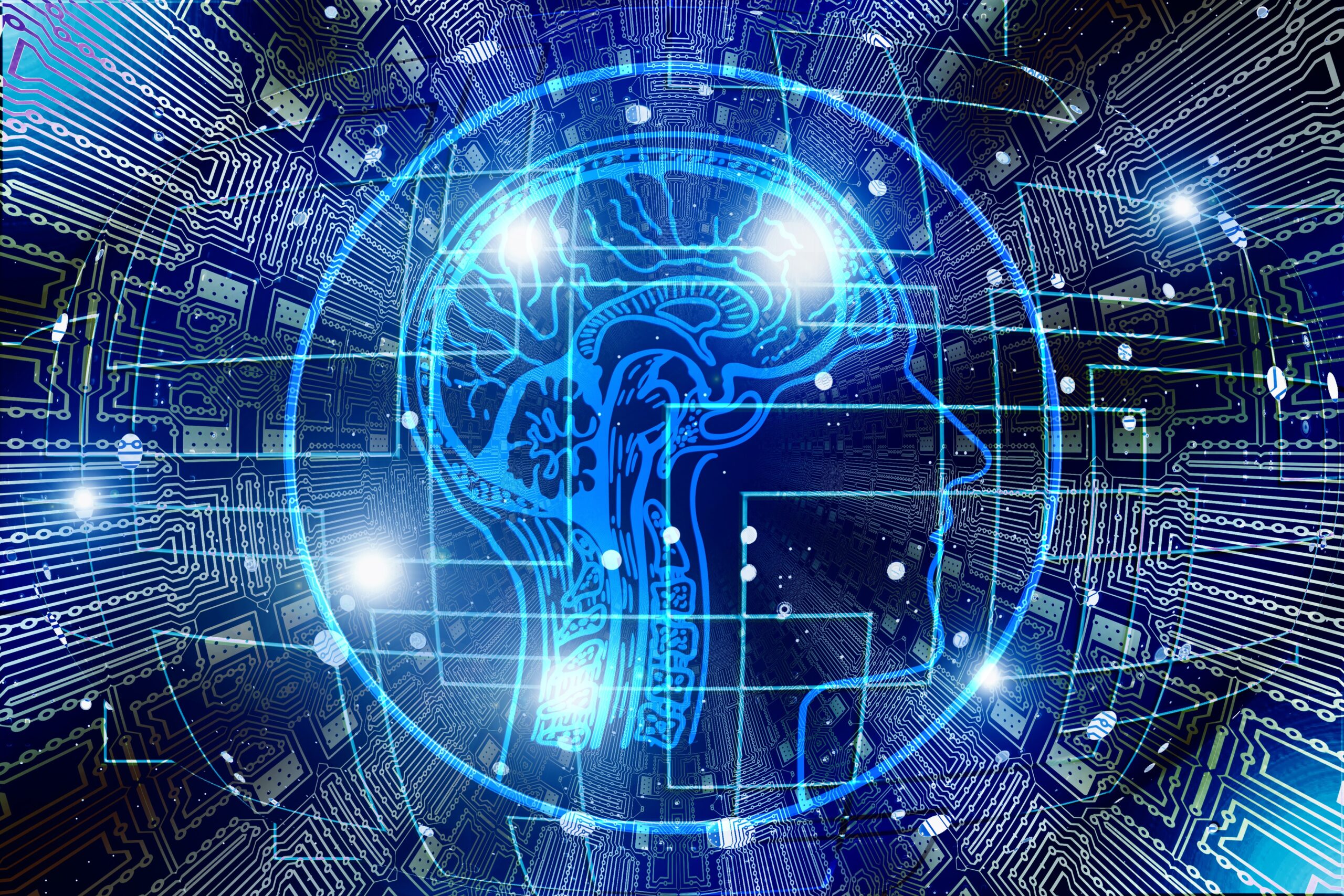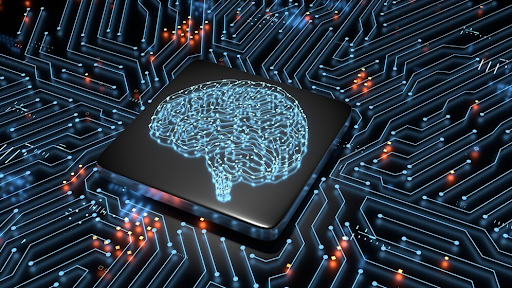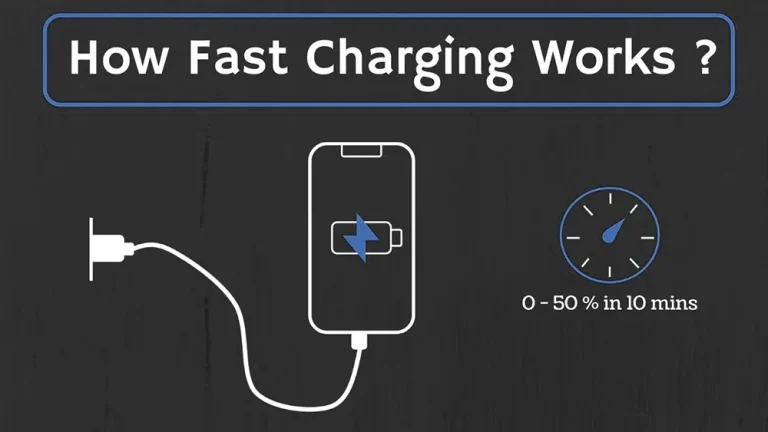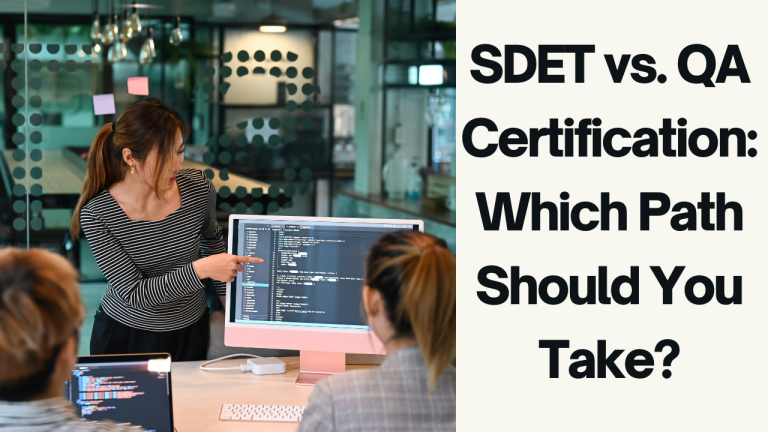Wikipedia and Artificial Intelligence
As the world’s largest online encyclopedia, Wikipedia serves as a treasure trove of human knowledge, spanning a vast array of topics and subjects. Meanwhile, artificial intelligence continues to revolutionize various aspects of our lives, from enhancing search algorithms to powering intelligent virtual assistants. The intersection of Wikipedia and AI represents a fascinating synergy, where the collective intelligence of millions of contributors converges with the capabilities of AI to unlock new possibilities in knowledge discovery, content creation, and information dissemination. Here, we explore the symbiotic relationship between Wikipedia and AI and delve into the transformative impact it has on the digital landscape.
Harnessing Collective Intelligence: Wikipedia as a Knowledge Repository
At the heart of Wikipedia lies the concept of collective intelligence – the idea that the wisdom of the crowd can be harnessed to create a comprehensive repository of human knowledge. With millions of volunteer contributors from around the world, Wikipedia has amassed an impressive collection of articles covering a diverse range of topics, from history and science to pop culture and technology. This collaborative approach to knowledge creation ensures that Wikipedia remains a dynamic and ever-expanding resource, constantly evolving to reflect the latest developments and discoveries across various fields.
Enhancing Search Algorithms: AI-Powered Discovery
Artificial intelligence plays a crucial role in enhancing the discoverability and accessibility of content on Wikipedia. Search engines leverage AI algorithms to index and rank Wikipedia articles based on relevance, popularity, and user engagement metrics. By analyzing user behavior and search patterns, AI-powered algorithms can surface the most relevant and authoritative Wikipedia articles in response to user queries, ensuring that users can easily access the information they seek. This seamless integration of AI into search algorithms enhances the overall user experience and promotes the dissemination of knowledge through Wikipedia.
Automating Content Creation: AI-Assisted Editing
The sheer volume of content on Wikipedia presents a significant challenge for editors tasked with maintaining quality and accuracy. To address this challenge, AI technologies are increasingly being used to assist in content creation and editing on Wikipedia. AI-powered tools can automatically identify and correct grammatical errors, detect plagiarism, and suggest improvements to article structure and formatting. Additionally, machine learning algorithms can analyze large datasets to identify trends, patterns, and gaps in Wikipedia coverage, helping editors prioritize areas for expansion and improvement. By leveraging AI-assisted editing tools, Wikipedia editors can streamline their workflows and ensure that articles meet the highest standards of quality and accuracy.
Detecting Vandalism: AI-Powered Moderation
Maintaining the integrity of Wikipedia articles requires vigilant oversight to prevent vandalism and misinformation from spreading. AI algorithms play a crucial role in detecting and combating vandalism on Wikipedia by analyzing edit histories, user behavior, and content changes in real-time. Machine learning models can automatically flag suspicious edits, revert vandalism, and notify human moderators of potentially harmful changes. This AI-powered moderation helps safeguard the reliability and credibility of Wikipedia as a trusted source of information, ensuring that users can rely on Wikipedia for accurate and up-to-date content.
Facilitating Language Translation: AI-Driven Localization
Wikipedia’s commitment to making knowledge accessible to users worldwide is further enhanced by AI-driven language translation capabilities. Machine translation algorithms can automatically translate Wikipedia articles from one language to another, enabling users to access information in their preferred language. This AI-driven localization expands the reach of Wikipedia’s content to a global audience, breaking down language barriers and promoting cross-cultural exchange. By leveraging AI for language translation, Wikipedia demonstrates its commitment to inclusivity and diversity, ensuring that knowledge knows no boundaries.
Empowering Research and Education: AI-Powered Insights
The intersection of Wikipedia and AI holds immense potential for empowering research and education initiatives worldwide. AI technologies can analyze Wikipedia’s vast dataset to uncover insights, trends, and correlations across various topics and disciplines. Researchers can leverage AI-powered analytics tools to explore patterns of knowledge dissemination, track the evolution of concepts over time, and identify areas for further study. Similarly, educators can use AI-driven insights to develop curriculum materials, lesson plans, and educational resources that align with Wikipedia’s content and promote active learning and critical thinking skills.
Pioneering the Future of Knowledge Discovery
The synergy between Wikipedia and artificial intelligence represents a pioneering collaboration that is transforming the landscape of knowledge discovery and dissemination. By harnessing the collective intelligence of millions of contributors and the power of AI technologies, Wikipedia continues to evolve as a dynamic and invaluable resource for users worldwide. Whether it’s enhancing search algorithms, automating content creation, detecting vandalism, facilitating language translation, or empowering research and education initiatives, the intersection of Wikipedia and AI holds the promise of unlocking new frontiers in digital knowledge sharing. As AI technologies continue to advance, the partnership between Wikipedia and AI is poised to pioneer the future of knowledge discovery in the digital age.
Stay in touch to get more updates & news on Discover Tribune!






